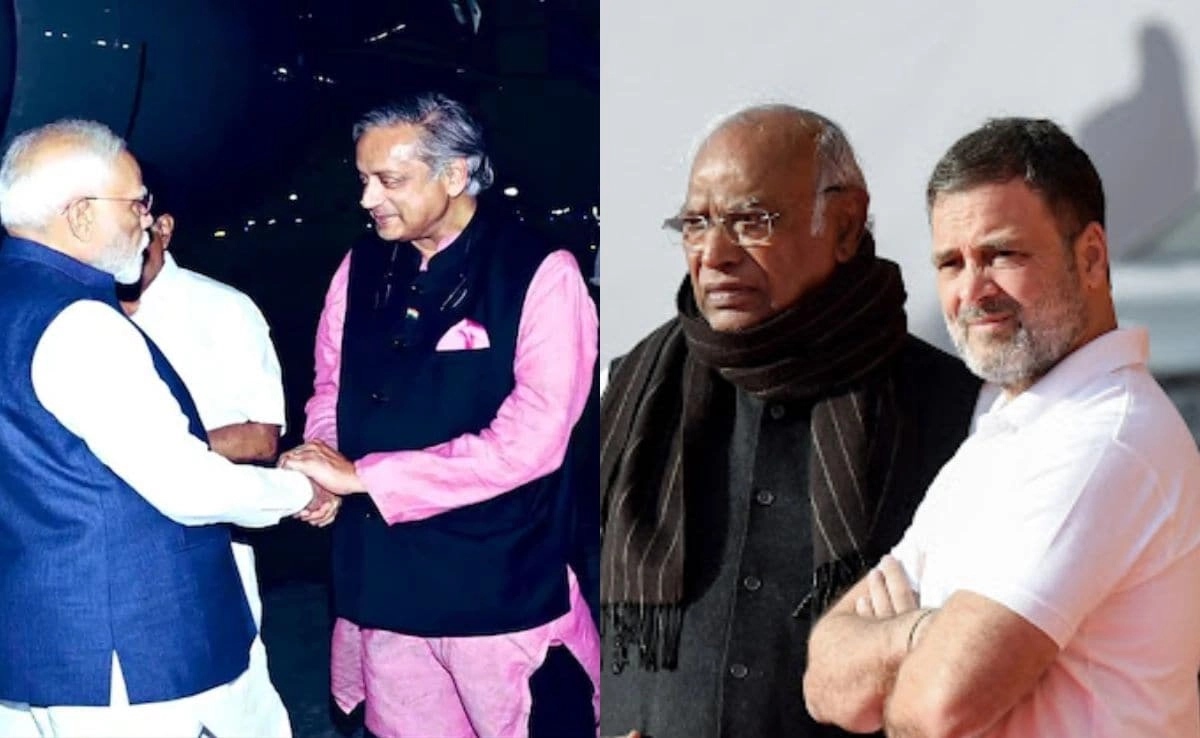The political landscape in India often witnesses sharp exchanges between parties, and a recent incident involving the Bharatiya Janata Party (BJP) and Congress exemplifies this dynamic. The BJP’s recent jibe at Congress leader Shashi Tharoor, labeling him as a product of “jealousy,” has sparked a significant debate. This assertion seemingly stems from Tharoor’s criticisms of the BJP’s policies and governance, which the party interprets as a manifestation of envy towards its political success and popularity. This type of rhetoric is not uncommon in Indian politics, where parties frequently resort to personal attacks as a means to undermine their opponents. The BJP’s strategy appears to be aimed at not only discrediting Tharoor as a credible voice but also at framing the broader narrative of its ascendance in Indian politics.
In response to the BJP’s jibe, Congress has come forward with its own retort, encapsulated in the phrase “No ABCD.” This cryptic rejoinder suggests a refusal to engage with what Congress perceives as shallow or superficial arguments emanating from the BJP. The acronym “ABCD” could be interpreted as a dismissal of the BJP’s attempts to pigeonhole Congress leaders or to trivialize their contributions to political discourse. By employing this phrase, Congress seems to be asserting its commitment to substantive policy discussions rather than getting drawn into personal squabbles. This exchange highlights a broader trend in Indian politics where both major parties are keen on solidifying their respective identities while engaging in a battle of wits that often borders on the theatrical.
Moreover, the underlying tensions between the BJP and Congress reflect deeper ideological divides within the country. Tharoor’s intellectual approach to politics, often characterized by his articulate critiques and literary flair, contrasts sharply with the BJP’s more populist and aggressive style. This clash not only underscores different political strategies but also reveals the challenges that both parties face in appealing to an increasingly diverse electorate. As each party attempts to rally support, they are also navigating the complexities of public perception, where personal attacks can sometimes overshadow substantive political discourse. Ultimately, the “jealousy” jibe and the “No ABCD” rejoinder serve as a microcosm of the larger battles fought in the arena of Indian politics, where the interplay of personality, ideology, and public sentiment continues to shape the narrative.
In the end, as the political climate grows ever more contentious, observers and voters alike are left to ponder the implications of such exchanges. Will they lead to a constructive dialogue focused on addressing pressing national issues, or will they further entrench divisions that hinder progress? The outcome of this rhetorical skirmish is likely to have ramifications not just for Tharoor and the Congress party but for the broader political discourse in India as both parties gear up for future electoral battles.




